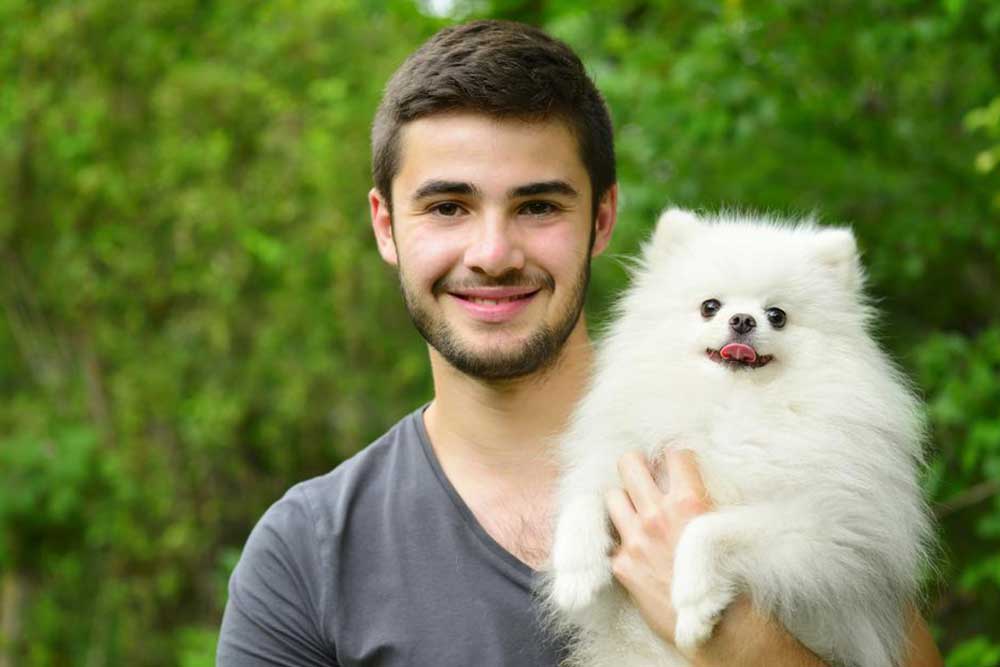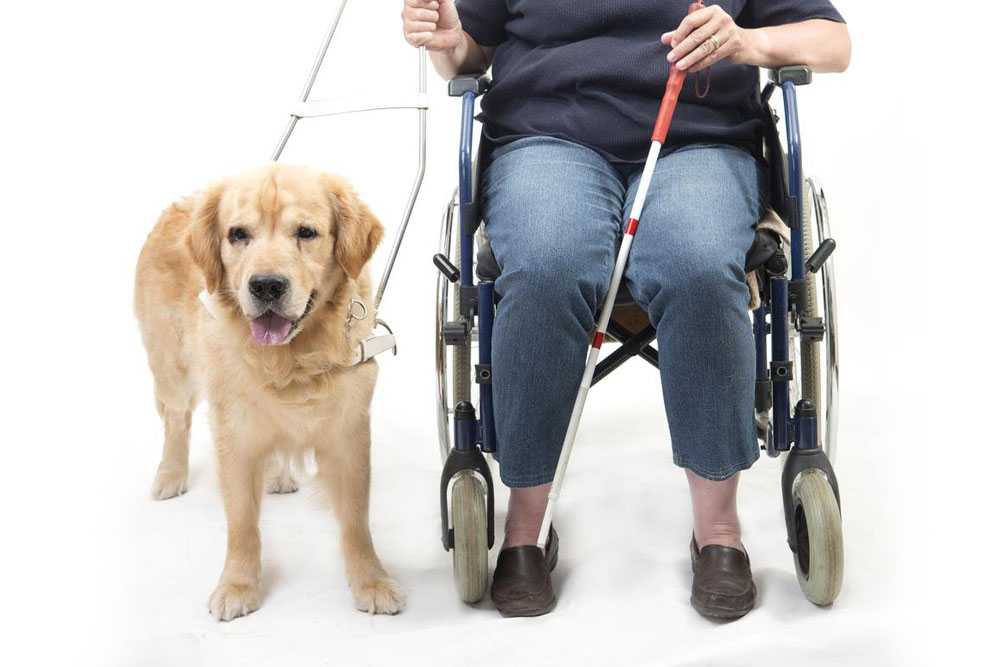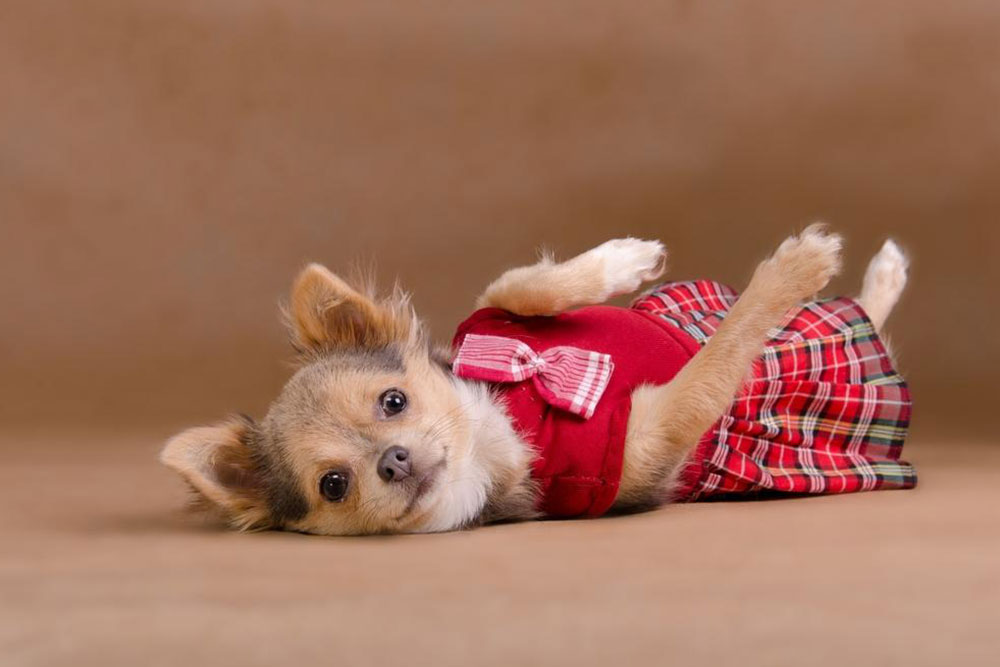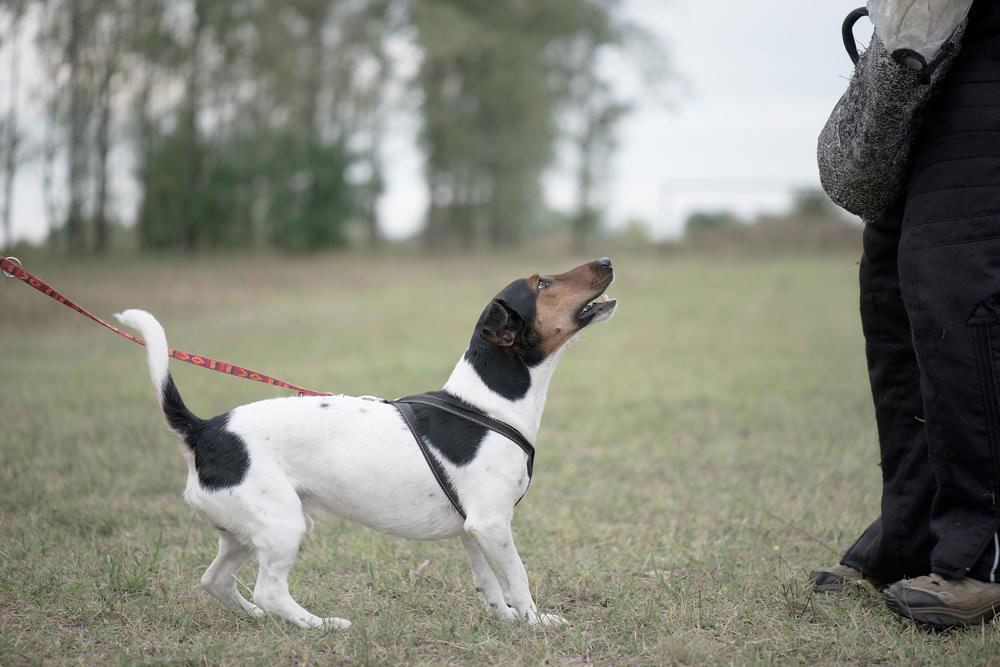Essential Tips for Training Your Pomeranian Puppies
Learn essential, beginner-friendly tips for training your Pomeranian puppies effectively. From basic commands to potty training and socialization, this guide helps new dog owners establish healthy habits early. Proper training ensures a well-behaved, confident, and happy Pomeranian companion. Discover practical advice on managing barking, possessiveness, and introducing your puppy to new environments safely. With consistent positive reinforcement, your pup will grow into a well-mannered and lovable pet, enriching your life with their adorable personality and intelligence.

Essential Tips for Training Your Pomeranian Puppies
Pomeranian puppies are ideal for first-time dog owners due to their intelligence, friendliness, and adorable appearance. They have ultra-soft coats that come in numerous colors and adapt well to various living environments. Without proper guidance, they may become mischievous and stubborn, displaying behavioral issues such as aggression and excessive barking. Early, consistent, and positive training is crucial for shaping their behavior. Teaching simple commands like "Sit," "Stay," "Down," "Quiet," and "Come" using treats and praise helps them learn good habits early on.
Start with basic commands like "Sit," which is easiest to grasp, and ensure they follow each command reliably before progressing. Teaching the "Quiet" command is important, as Pomeranians tend to bark excessively at strangers, which can be managed by noise conditioning and rewards for silence.
Potty training should commence at about 8 weeks. Take your puppy to a designated outdoor spot daily, particularly after waking, meals, and before bedtime. Reward them when they successfully go in the right place. Since Pomeranians can be possessive, sharing toys or food may trigger barking or aggression, especially towards young children—families with toddlers should consider this carefully. Socialization is essential; expose puppies to different environments, people, and other dogs gradually, ideally two weeks after vaccination, to boost confidence and good behavior.









